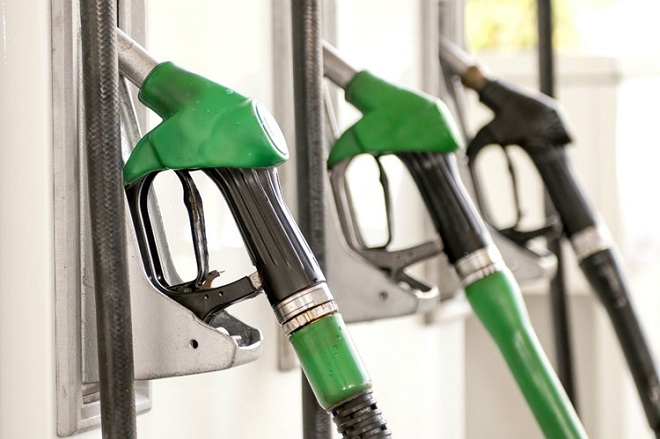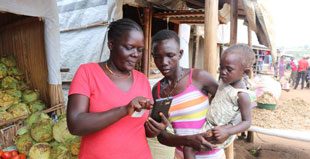
Lagos, Nigeria | AFP | Long queues formed at petrol stations across Nigeria Tuesday, with motorists sometimes waiting up to 24 hours to fill up their tanks, as Africa’s number one oil producer faces a crippling fuel shortage.
“I couldn’t travel. I would have loved to travel to Osun State (north of Lagos) to spend time with my family (for Christmas), but I cancelled on that one,” motorist Tope Alake told AFP as he waited at one of the few petrol stations still open in Lagos, Nigeria’s economic capital.
“I am supposed to be at home now,” said another driver, Alex Ogunsola. “I am supposed to take the kids to the beach. I am on queue and I am not even sure if I am going to see fuel today.”
Monster traffic jams have clogged up Nigeria this Christmas, which had been hoping to enjoy a happier holiday season this year than in 2016, when the country was deep in economic recession.
Given the scale of the shortage, everyone involved is eager to lay the blame at somebody else’s door.
The distributors are pointing the finger at the Nigerian National Petroleum Company (NNPC), which does not have sufficient resources to meet the demands of the country, with its population of 190 million people.
Under orders from the government in Abuja, NNPC’s chief Maitanki Baru unveiled a national plan on Monday to deliver an additional 300 million litres of petrol to “support the current consumption of 45 million litres per day” — much higher than the normal demand of 27-28 million litres per day due to the holiday period.
Baru also pointed out that the national refineries in Port Harcourt and Kaduna were producing 3.8 million litres of refined petrol per day, a paltry amount give that Nigeria is Africa’s biggest exporter of crude (nearly two million barrels per day).
The NNPC chief also blamed black market vendors for purposely paralysing petrol stations so as to push up parallel selling prices to 400 naira (0.93 euros per litre, $1.11), compared with 145 naira normally.
At the same time, consumers suspect the government of creating a chaotic situation in order to justify an increase in diesel and petrol prices at the pump next year.
The crisis is particularly serious in a country where the public electricity supply is weak and where businesses and private individuals rely on their diesel generator for lighting.
 The Independent Uganda: You get the Truth we Pay the Price
The Independent Uganda: You get the Truth we Pay the Price



